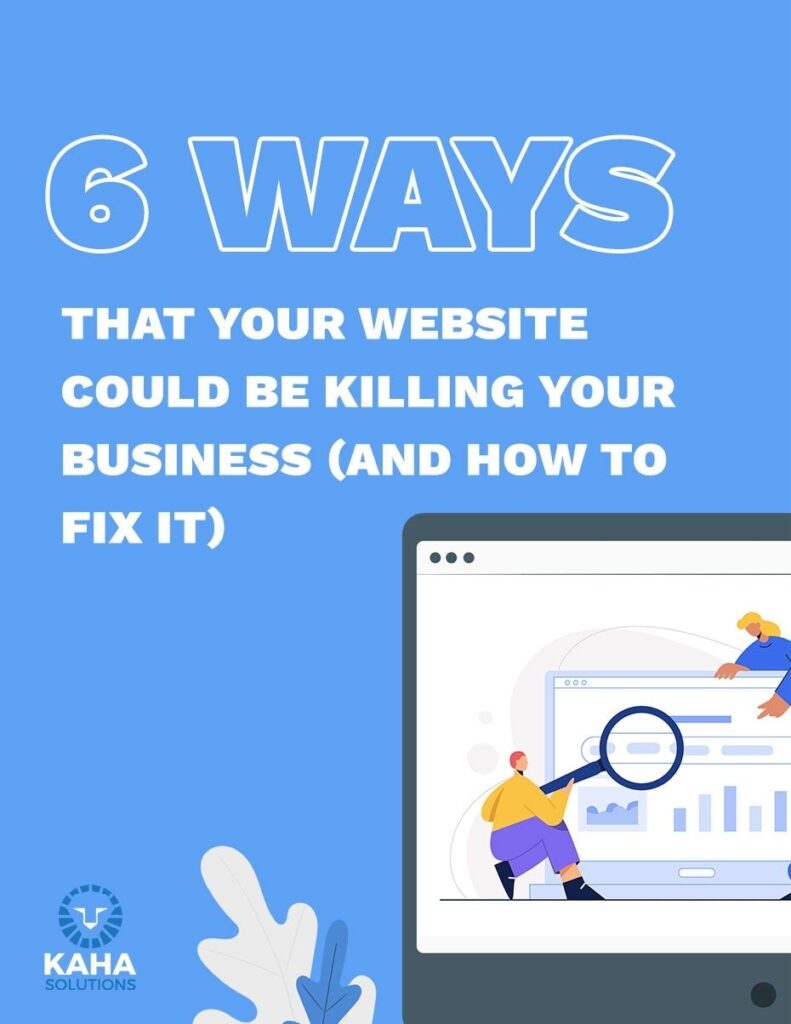In February 2023, Google clarified its stance on AI-generated content. Contrary to some assumptions, Google is not against AI-generated content, but does raise valid concerns about the potential misuse of this type of content, particularly when it’s used to manipulate search results.
Google’s primary concern is that AI-generated content could be used to churn out low-quality or spammy content aimed at gaming the search rankings. This kind of manipulation is considered a violation of Google’s spam policies, and it has been for years–Google says that using automation to generate spammy content is nothing new. To combat this, Google is constantly refining its algorithms to identify and filter out such content, rewarding high-quality content regardless of whether it’s generated by humans or machines.
In addition to its concerns about the quality of AI-generated content, Google is also wary about the potential for this type of content to create misleading or deceptive information. To address this, Google has developed policies and systems, including its SpamBrain system (which itself is powered by AI) to prevent AI-generated content from being used in a deceptive manner.
Google’s guidelines encourage creators to produce high-quality, people-first content that demonstrates Expertise, Experience, Authoritativeness, and Trustworthiness (E-E-A-T). AI-generated content is no exception to this rule. If it is original, high-quality, and puts people first, it is likely to be rewarded by Google’s ranking systems.
For those considering AI-generated content, here are some additional tips to create content that aligns with Google’s guidelines and is unlikely to be demoted in Google search rankings:
- Use AI-generated content as a starting point, but then edit and polish the content to ensure it is high-quality and error-free.
- Ensure the AI-generated content is relevant to the topic of the page.
- Use AI-generated content to supplement other types of content, such as human-written articles and images.
- Avoid using AI-generated content to create misleading or deceptive content.
- Be transparent about who created the content and how it was produced. If AI was involved in the content production process, explain why it was used.
- The purpose of creating content should be to help people rather than to manipulate search rankings.
If you know anything about SEO, all of this probably sounds pretty familiar – it’s nothing new. Google has been harping on these guidelines for years.
It all boils down to this statement: “Using AI doesn’t give content any special gains. It’s just content. If it is useful, helpful, original, and satisfies aspects of E-E-A-T, it might do well in Search. If it doesn’t, it might not.”


